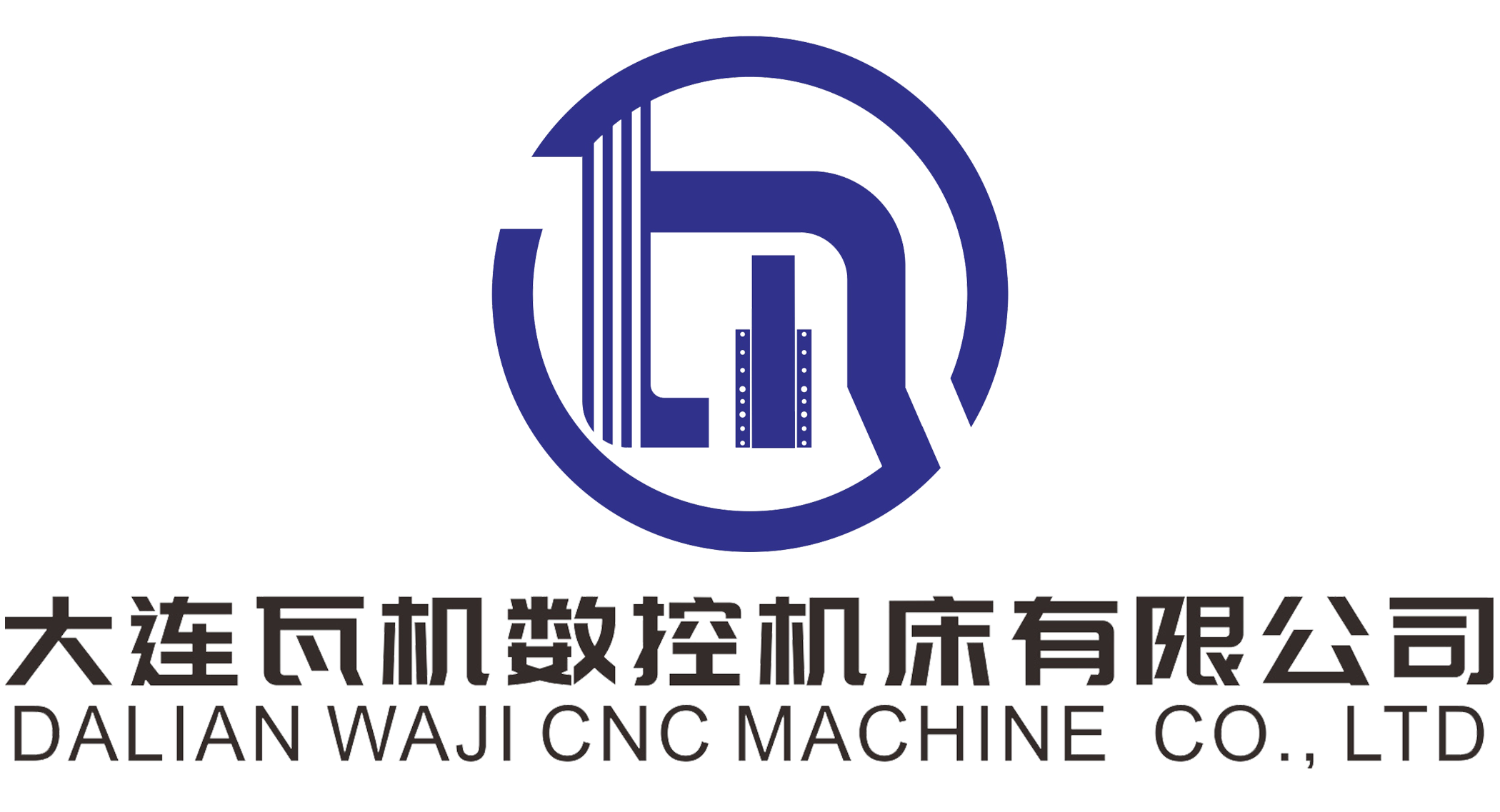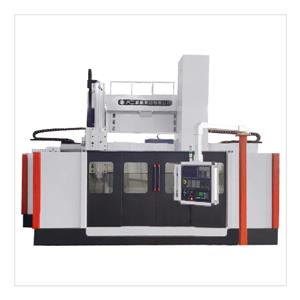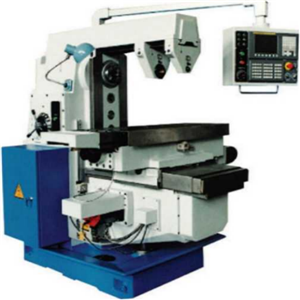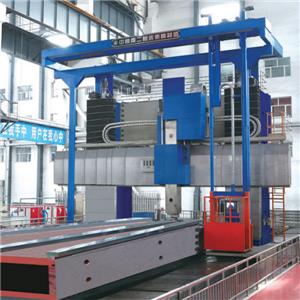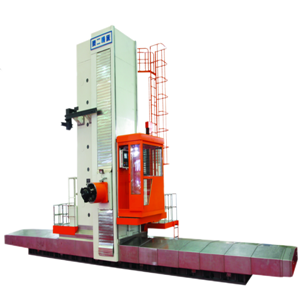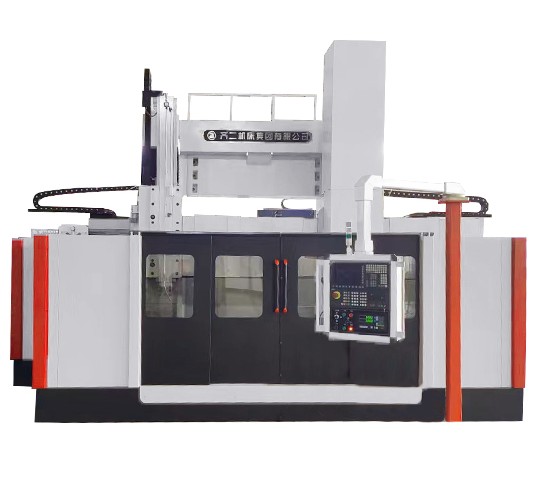What are the structural forms of the tool magazine for CNC machine tools
With the continuous development of CNC technology, the tool library structure of CNC machine tools is also constantly updated and improved. At present, the tool magazine of CNC machine tools is mainly divided into the following structural forms:
1. Tool changing magazine is a common form of magazine structure. It adopts multiple tool positions, each of which can place a tool, and tools of different shapes and sizes can be replaced as needed. This tool magazine structure has the advantages of fast tool replacement, high flexibility, and wide applicability, which can meet the needs of different workpiece processing.
2. Fixed tool magazine refers to a set of tool positions fixed on the base of the tool magazine, with fixed tools placed on each position and cannot be replaced. This tool library structure is suitable for processing relatively simple workpieces, with the characteristics of a large number of tools, small footprint, and good stability.
3. Rotary tool magazine refers to the tool magazine base that can rotate horizontally, and the tools can be processed at different positions on the tool magazine base. This tool magazine structure is suitable for processing various workpieces and has the characteristics of convenient switching and high flexibility.
4. The skateboard type tool magazine refers to the switching of tools through the skateboard. When the tool needs to be replaced, the sliding plate will push out the original tool and push in the new tool. This tool magazine structure is suitable for situations where the number of tools is small but frequent replacement is required, and has the characteristics of fast tool switching speed and high accuracy.
5. Chain type tool magazine refers to a circular tool magazine formed by connecting multiple tools through a chain. When the tool needs to be replaced, the chain will automatically rotate and send the required tool to the machining position. This tool library structure is suitable for situations where there are a large number of cutting workpieces that require uninterrupted processing, and has the characteristics of high automation and efficiency.
